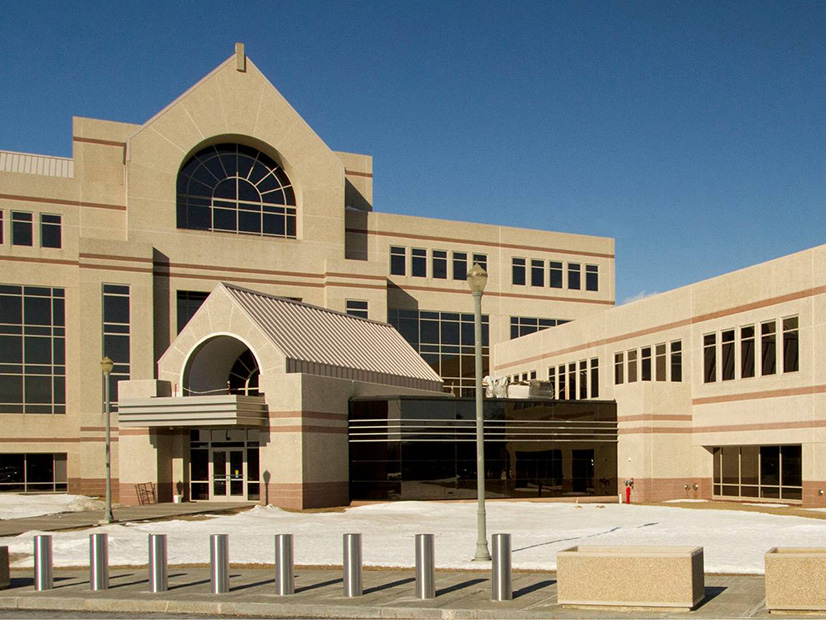RENSSELAER, N.Y. — NYISO’s Operating Committee on Thursday approved a winter study, tariff revisions to improve transmission study coordination within the interconnection process, manual updates for “internal controllable” lines (ICLs) and a winter operations study that included new nameplate values for energy storage.
Con Ed Study
The committee approved compliance procedures presented by Consolidated Edison that verified loss-of-gas and minimum oil burn requirements for the winter, which found that there was no change in the results from last year.
Con Ed said it should be able to provide New York City with energy during peak load conditions and meet NYISO reliability requirements using the same expected number of generators as the last winter capability period.
Dan Head, senior engineer at Con Ed, summarized the findings saying, “This year should look like last year.”
Interconnection & Transmission
The OC voted to recommend that the Management Committee and Board of Directors authorize NYISO staff to file proposed tariff revisions that revise base case inclusion rules used in interconnection studies, as well as enhance coordination between transmission project and class year project studies.
The proposals build upon NYISO’s efforts to improve the interconnection process. (See NYISO Investigating Tariff Changes to Improve Interconnection Processes.) The ISO will request an effective date of 60 days from when the proposal is filed with FERC.
‘Internal Controllable’ Lines
Stakeholders voted to approve manual revisions to clarify how ICLs will be evaluated with respect to both existing interface definitions and dispatch assumptions.
The updates, which were approved by both the OC on Thursday and the Business Issues Committee the day before, are part of a raft of revisions to the ICL design that have been proceeding on an accelerated timeline so that they can be adopted for the 2023 Class Year. (See “Deliverability Rules,” NYISO Management Committee Briefs: Nov. 30, 2022.)
Winter Operations Highlights
The committee approved NYISO’s 2022 winter operations report, which reinforced the New York-to-New England interface loop-flow concerns raised by the Market Monitoring Unit. (See related story, NYISO Over-crediting Poorly Performing Units’ Capacity, Monitor Says.)
NYISO also shared an updated total nameplate value of installed intermittent resources in the New York Control Area, which, for the first time, included energy storage resources:
- storage: 20 MW
- behind-the-meter solar: 4,184 MW (+61 MW)
- front-of-the-meter solar: 94 MW (+20 MW)
(See “Intermittent Resources Update,” NY TOs Seek Clarification on ROFR for Upgrades.)
Class Year 2021
Thinh Nguyen, senior manager of interconnection projects, told stakeholders that the second round of Class Year 2021 projects had been posted and that developers must now post their security by Dec. 21.
Assuming all security is posted on time, the next class year will start on Jan. 23, 2023.
Nguyen also said that NYISO will be hosting a Class Year Entry Forum this Wednesday for stakeholders to learn more about the process and procedures related to the class year study. Email InterconnectionSupport@nyiso.com to learn more.



